
When people have headaches, it is the body trying to tell you something. According to Eastern Chinese medicine, pain is the body’s signal that there is a blockage of energy and blood.
Your body is asking you to notice, evaluate and change the behavior that caused the pain in the first place. For example, a headache may be pointing to an improper diet or as a reaction to internal or environmental stresses.
Headaches are especially common in the springtime when sinuses are stuffed up from allergies. But whatever the cause, it is always best to treat the root of problems, by seeking the source of the cause and then use natural methods in treatment, as to best avoid side effects (that come with every drug).
This will also allow people to become more aware of their body’s unique and present needs.

The most common headaches are caused by tight, contracted muscles in your shoulders, neck, scalp, and jaw. These are called tension headaches.
☛ They are often related to stress, depression, or anxiety.
☛ Overworking, not getting enough sleep, missing meals, and using alcohol or street drugs can make people more susceptible to them.
☛ Headaches can be triggered by foods such as chocolate, cheese, and additives like monosodium glutamate (MSG).
☛ People who drink caffeine can have headaches when they do not get their usual daily amount.
❖ Holding your head in one position for a long time, like at a computer, microscope, or typewriter
❖ Poor sleep position
❖ Overexerting yourself
❖ Clenching or grinding your teeth
The following healthy habits can lessen stress and reduce your chance of getting headaches:
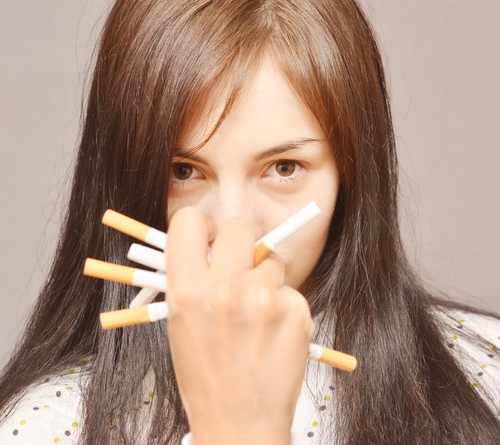
❖ Get adequate sleep (Between 6-8 hours of quality sleep each night)
❖ Eat a healthy, balanced diet
❖ Exercise regularly
❖ Stretch the neck and upper body, especially if your work involves typing or using a computer
❖ Learn proper posture and practice using it
❖ Quit smoking
❖ Reduce stress levels (daily) by taking time to relax using meditation, deep breathing, yoga, or other techniques
❖ Wear proper eyeglasses, if needed
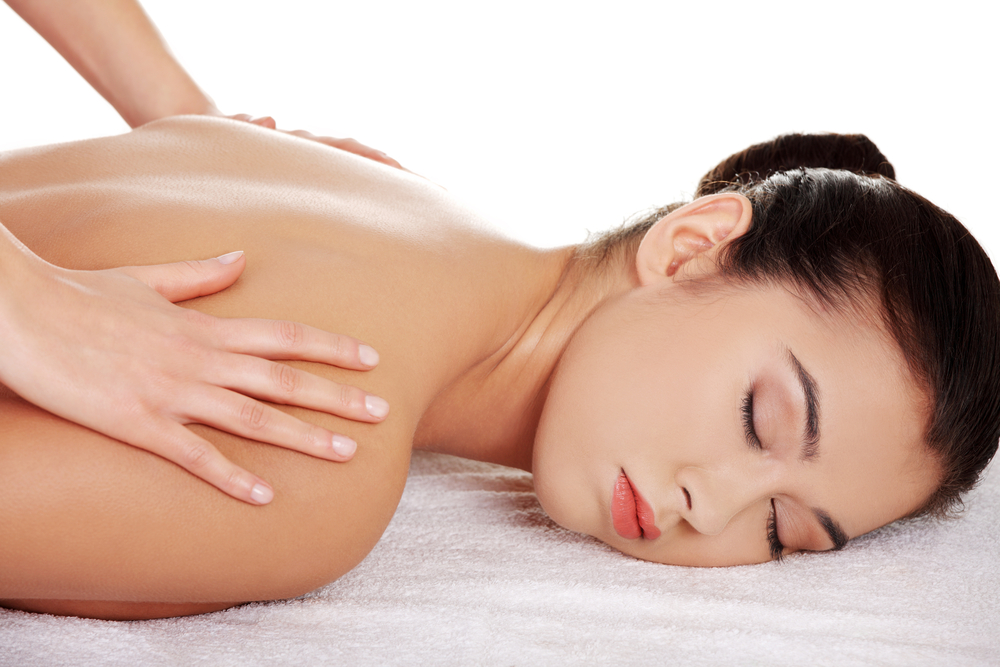
Biofeedback is a technique that trains people to improve their health by controlling certain bodily processes that normally happen involuntarily, such as heart rate, blood pressure, muscle tension, and skin temperature.
Electrodes attached to the skin measure these processes and display them on a monitor. People learn to control their own body rhythms.
A headache can even be relieved by simply resting with your eyes closed and head supported.
A relaxation massage or heat applied to the back of the upper neck can be effective in relieving tension headaches.

The human brain is genetically programmed to translate physical and emotional stress into headaches. Headaches can typically be prevented by relaxation or stress-releasing techniques like meditation, yoga and Taichi.

1. Sit or lie down comfortably. Clear your mind, relax your body, and breathe deeply and slowly.
2. Inhale and visualize white light or clear mountain spring water entering your body at the top of your head and flowing down to your abdomen.
3. Exhale and visualize the white light or water continuing its downward course from your abdomen to the bottom of your feet, where it drains out.
4. Repeat for 10 minutes
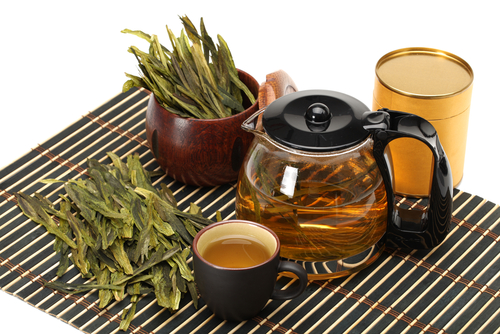
Sichuan lovage, or ligusticum has for centuries, been a traditional Chinese remedy for agonizing migraines. The usual dosage is 300 to 500 mg daily, or it can be taken as a tea, 2 or 3 cups a day. You can find ligusticum (not to be confused with European lovage) in health food stores, online, and at the offices of acupuncturists and Chinese herbalists.
Ginger, a natural anti-inflammatory has been used for thousands of years by the Chinese to cure pain. To make ginger tea, you can cut up the root, boil it for 10 minutes, then strain the water and sip as tea; you can also use ginger tea bags available in health food stores.
Release headache tension with this simple tea recipe: Boil 5 dried plums (prunes), 1 tablespoon of green tea, and 2 tablespoons of mint in 3.5 cups of water for 15 minutes. Drink no more than 3 cups a day when you get a headache until the pain subsides.
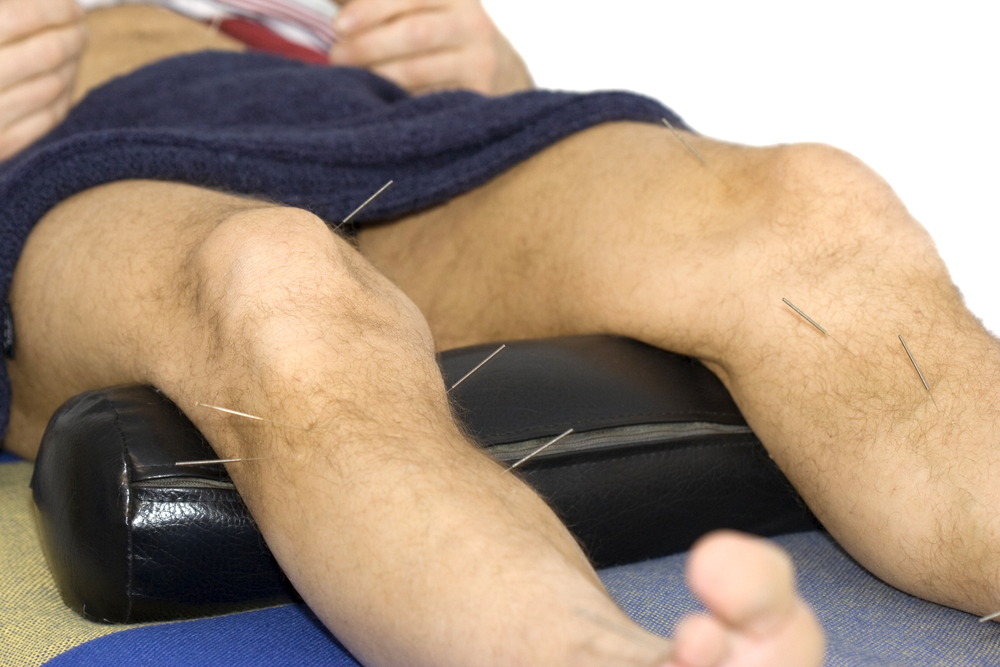
Use your own fingers to administer acupressure on an acupoint in the web between your thumb and index finger called “Valley of Harmony.” Apply steady pressure with your thumb until you feel soreness. Hold for 2 minutes. Repeat on the other hand. For many people, results of a diminishing headache are felt within minutes.
This includes Migraine, tension, and cluster headaches, as well as a variety of other less common types of headaches.
Migraine headaches are severe headaches that usually occur with other symptoms such as visual disturbances or nausea. The pain may be described as throbbing, pounding, or pulsating.
It tends to begin on one side of your head, although it may spread to both sides. You may have an "aura" (a group of warning symptoms that start before your headache). The pain usually gets worse as you try to move around.
Tension headaches tend to be on both sides of your head. They often start at the back of your head and spread forward. The pain may feel dull or squeezing, like a tight band or vice.
Your shoulders, neck, or jaw may feel tight and sore. The pain is usually persistent but does not get worse with activity.
This is due to an underlying structural problem in the head or neck. There are numerous causes of this type of headache ranging from bleeding in the brain, tumor, or meningitis and encephalitis.
Neuralgia means nerve pain (neur= nerve +algia=pain). Cranial neuralgia describes a group of headaches that occur because the nerves in the head and upper neck become inflamed and become the source of the pain in the head. Facial pain and a variety of other causes for headache are included in this category.

Most people successfully treat themselves with over the counter (OTC) pain medications to control tension headaches. The following are the most popular:
Recurrent headaches should be a signal to seek your health care provider for help. Above all, it is important to read the listing of ingredients in OTC pain medications. Often an OTC medication is a combination of ingredients, and the second or third ingredient may have the potential for drug interaction or contraindication with medications a patient is currently taking. For example:
Some OTC medications include caffeine, which may trigger rapid heartbeats in some patients.
In night time preparations, diphenhydramine (Benadryl) may be added. This may cause drowsiness, and driving or using heavy machinery may not be appropriate when taking the medication.
Aspirin should not be used in children and teenagers because of the risk of Reye's Syndrome, a disease where coma, brain damage, and death can occur if there is a viral-like illness when the and aspirin is used.
Know that aspirin and ibuprofen are irritating to the stomach and may cause bleeding. They should be used with caution in patients who have peptic ulcer disease or who take blood thinners like warfarin (Coumadin) and clopidogrel bisulfate (Plavix).
Acetaminophen, if used in large amounts, can cause liver damage or failure. It should be used with caution in patients who drink significant amounts of alcohol or who have liver disease.
*If you do use OTC medication regularly for headaches or migraines, you should note that one cause of chronic tension headaches is overuse of medications for pain. When pain medications are used for a prolonged period of time, headaches can recur as the effects of the medication wear off. Thus, the headache becomes a symptom of the withdrawal of medication (a rebound headache).
If you are over age 50 and are experiencing headaches for the first time, a condition called temporal arteritis may prove to be the cause. Symptoms of this condition include impaired vision and pain aggravated by chewing. There is a risk of becoming blind with this condition. Therefore, it must be treated by your healthcare provider right away.
❖ Brain aneurysm—weakening of the wall of a blood vessel that can rupture and bleed into the brain
❖ Brain tumor
❖ Stroke or TIA
❖ Brain infection like meningitis or encephalitis
A headache may be relieved by resting with your eyes closed and head supported. Relaxation techniques can help. A massage or heat applied to the back of the upper neck can be effective in relieving tension headaches.
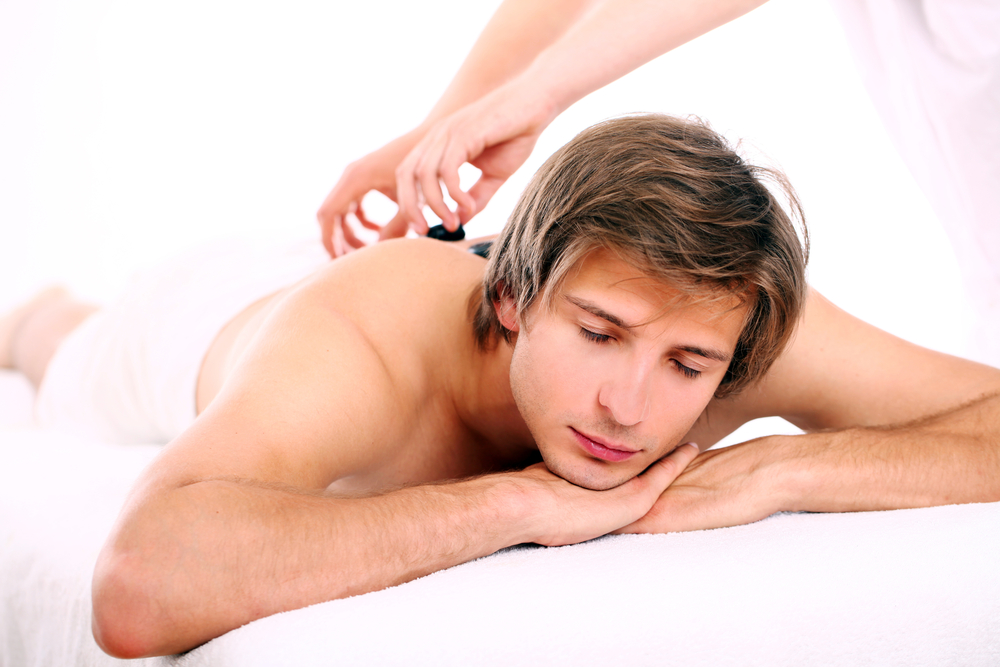
Resources: womentowomen.com, webmd.com, choosenatural.com, myhomeremedies.com
